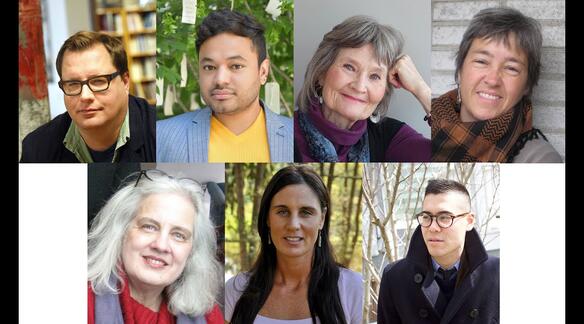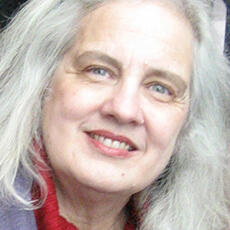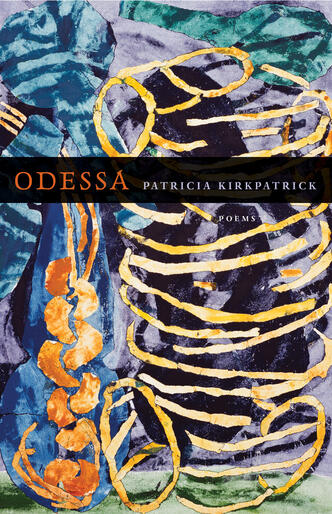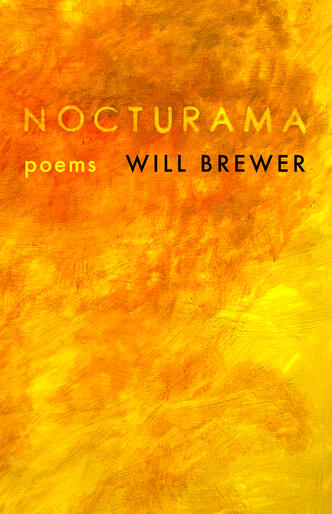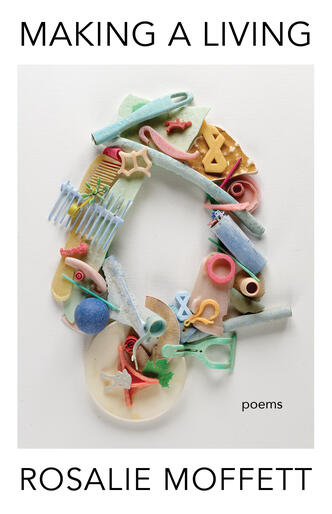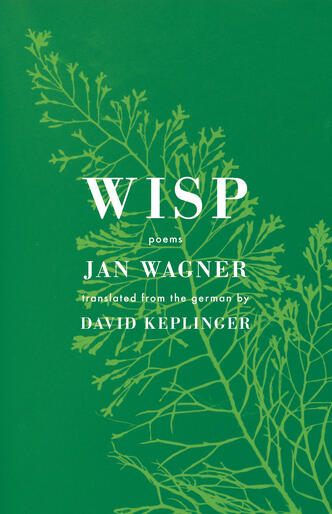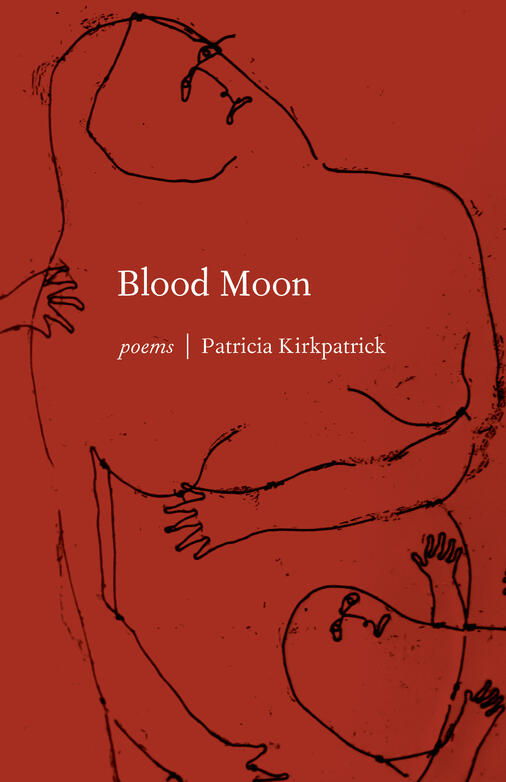
Blood Moon
“Why would I expect to feel blameless?”
Troubled and meditative, Blood Moon is an examination of racism, whiteness, and language within one woman’s life. In these poems, words are deeply powerful, even if—with the onset of physical infirmity—they sometimes become unfixed and inaccessible, bringing together moral and mortal peril as Patricia Kirkpatrick’s speaker ages. From a child, vulnerable to “words / we learned / outside and in school, / at home, on television”: “Some words you don’t say / but you know.” To a citizen, reckoning with contemporary police brutality: “Some days need a subject and an action / or a state of being because it’s grammar. / The cop shot. The man was dead.” And to a patient recovering from brain surgery: “I don’t have names. / Words are not with me.”
Throughout the collection, the moon plays companion to this speaker, as it moves through its own phases, disappearing behind one poem before appearing fully in the next. In Kirkpatrick’s hands, the moon is confessor, guide, muse, mirror, and—most of all—witness, to the cruelty that humans inflict upon one another. “The moon,” she reminds us, “will be there.”
Compassionate, contemplative, occasionally wonderstruck, Blood Moon is a moving work of moral introspection.

